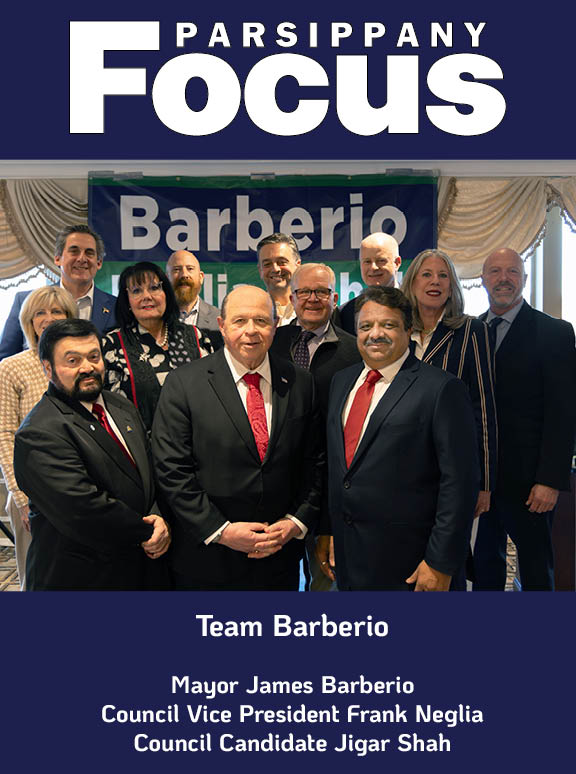 Dear Editor:
Dear Editor:
Municipalities across New Jersey should remain suspicious about the spread of Project Labor Agreements (PLAs) at the municipal level. As previously covered by Gannett, in my town Parsippany–an ordinance is up for debate on trying to steer all major taxpayer-funded development projects directly to union labor through law. The proposed ordinance will dictate PLAs on all municipal construction projects over $5M, which if passed, will significantly contribute to our already unsustainable tax burden. Parsippany residents deserve better than the implementation of bad economic policy and should expect better than to have taxpayer money wasted in this way. More importantly, the public should know exactly why New Jersey suffers from some of the highest infrastructure costs in the nation and how PLAs worsen this very serious problem.
PLAs establish a pre-hire collective bargaining agreement between unions and a municipality that legislates how labor will be provided for a project, at what cost, and under which conditions. To participate in a PLA project, non-unionized companies must agree to use union-supplied employees and not their own, with few exceptions.
The result of this anti-competitive measure can be seen in your quarterly property tax bill. Taxpayers will bear the burden of increased project costs by artificially reducing the number of available firms who can bid under these limiting circumstances. New Jersey Department of Labor studies show enforcement of PLAs drove up the costs on public school construction by 33% and delayed project timeline dates by six to eight weeks.
For example, Toms River has made available the results of PLA bids versus non-PLA bids, and the results are always the same, PLA bids came in substantially higher.
PLAs also discriminate against small businesses that would otherwise bid on municipal work. The vast majority of construction workers in this state, 73%, and some of whom live in my town Parsippany, have opted to not have union representation—which is their right under federal labor law. An ordinance requiring their employers to have a unionized workforce in order to bid on the township’s construction projects is a direct infringement of that right and is at its core, a fundamental violation of their civil right to make a living.
That is not to say there isn’t a place for these agreements. Consideration of a PLA on a case-by-case basis can make sense as every project has different requirements. For example, some projects can be more complex than others. For Parsippany to say at the outset that all municipal projects necessitate a PLA is shortsighted, and bad governance, since it’s clear these agreements will only increase the tax burden to our already struggling residents without providing any real tangible benefit.
I’ve heard the arguments regarding why we should have a PLA. I understand that we want quality construction, but there is no evidence or research indicating only union shops can produce a quality project. Further, the quality of the project itself tends to suffer by having an employer replace his or her entire workforce with union employees they have no relationship with. Could you imagine how productive you would be on a project if you ran a company and had your workforce replaced with people you lacked an established working dynamic?
As it stands, a thorough and competitive bidding process at the lowest responsible cost is what is best for the taxpayer. We should reject costly measures like PLAs which ultimately reduce competition, harm small businesses, and provide no real benefit to the end user–you.
Justin Musella
Councilman Parsippany-Troy Hills















